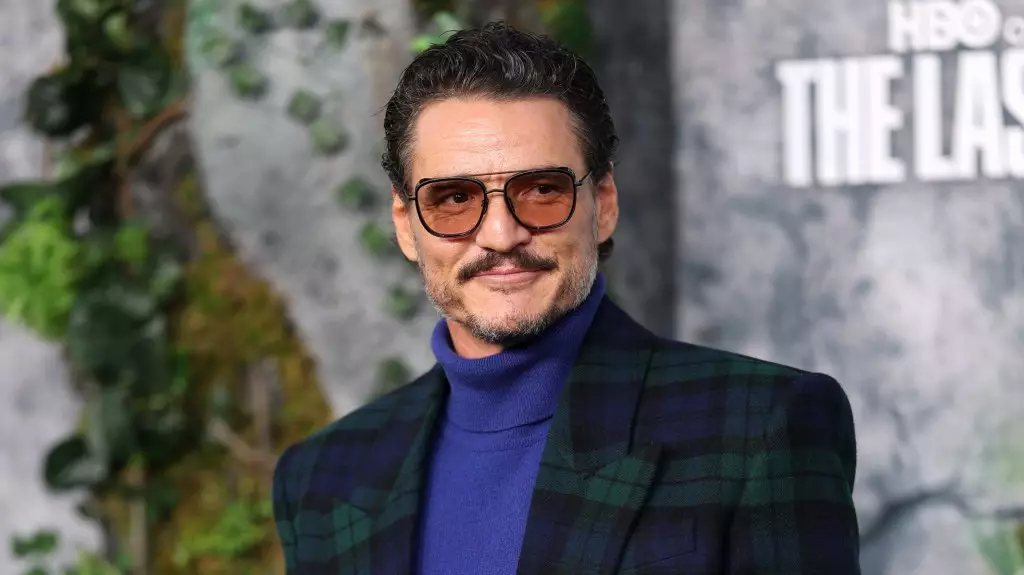Pedro Pascal, a name that has become synonymous with multifaceted characters in genre entertainment, finds himself at the helm of a monumental project: *The Fantastic Four: First Steps*. Despite his extensive experience, Pascal describes the anticipation surrounding his portrayal of Reed Richards, also known as Mister Fantastic, as “really intimidating.” The film, directed by Emmy-nominated Matt Shakman, stands as a testament to Hollywood’s relentless quest to adapt comic book lore into cinematic tales. Set against a retrofuturistic backdrop of the 1960s, this fresh incarnation diverges significantly from its predecessors, raising hopes for both novelty and depth.
Despite the daunting legacy of previous adaptations, Pascal embraces the challenge with a blend of excitement and trepidation. His reflection on the pressures of audience expectations highlights a universal truth in acting: the balance between personal authenticity and collective satisfaction is fragile yet essential. For Pascal, this role aligns with his career trajectory, which has seen him weave through wildly different narrative landscapes—from the ruthless world of *Narcos* to the expansive galaxy of *Star Wars*. Each role, he suggests, has felt just as intimidating as the last, echoing the perpetual struggle for artistic integrity amidst overwhelming external pressures.
Reimagining Iconic Characters
Alongside Pascal, co-star Joseph Quinn, who embodies Johnny Storm, is also keenly aware of the evolution required in their performances. He candidly compares their modernized take on this beloved character to that of Chris Evans, who portrayed the Human Torch in 2005. Quinn’s remarks hint at a profound shift in societal values—where the once charmingly reckless persona of Johnny Storm may not resonate in today’s cultural climate. Instead, the newer interpretation aims for an emotional depth that reflects self-awareness and sensitivity, showcasing a more relatable and nuanced portrayal.
This evolution in character development is not merely a stylistic change; it’s a commentary on the broader societal landscape. Quinn’s acknowledgment of modern sensibilities suggests that entertainment must adapt to remain relevant, a notion supported by discussions with MCU mastermind Kevin Feige. The filmmakers’ willingness to reassess character traits signals a progressive step towards inclusivity and contemporary relevance, indicating that superhero films can engage with vital societal conversations, thus enhancing the viewing experience.
Creative Collaboration in Challenging Spaces
Pascal’s admission of leaning on his fellow cast members marks a pivotal moment in creative collaboration. In an industry where isolation can often overshadow teamwork, his willingness to seek support speaks volumes about the collaborative spirit necessary to transform a vision into reality. The intertwining of personal and collective creativity is crucial, especially in projects like *The Fantastic Four*, which demand not just individual talent but also a synergistic bond among the cast and crew.
As they step into this new chapter, Pascal and Quinn exemplify the challenges and triumphs faced by actors inhabiting iconic roles in a landscape filled with expectations. Their journey serves as a reflection on how stories evolve, how characters can transform, and how actors continue to navigate the realms of fear and hope. In this vibrant universe rife with potential, audiences can anticipate not just another superhero film, but a bold narrative that questions conventions and redefines heroes for a new generation.

